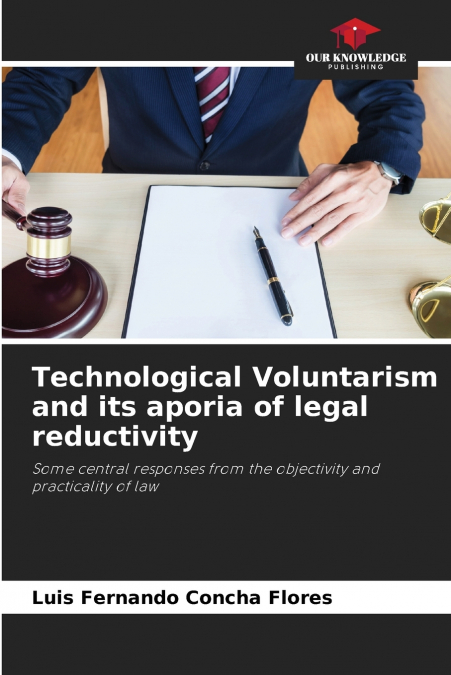
 Librería Perelló (Valencia)
Librería Perelló (Valencia)
 Librería Aciertas (Toledo)
Librería Aciertas (Toledo)
 El AlmaZen del Alquimista (Sevilla)
El AlmaZen del Alquimista (Sevilla)
 Librería Elías (Asturias)
Librería Elías (Asturias)
 Librería Kolima (Madrid)
Librería Kolima (Madrid)
 Donde los libros
Donde los libros
 Librería Proteo (Málaga)
Librería Proteo (Málaga)
This paper aims to identify the aporetic and practical problems suffered by proposals that project technological voluntarism to the legal field, which, despite the appearance they usually show with the concept of artificial intelligence, have it reduced to a mechanical and utilitarian understanding devoid of normative reasons, which implies the need to find objective alternatives that allow a rational understanding of technological tools in law.